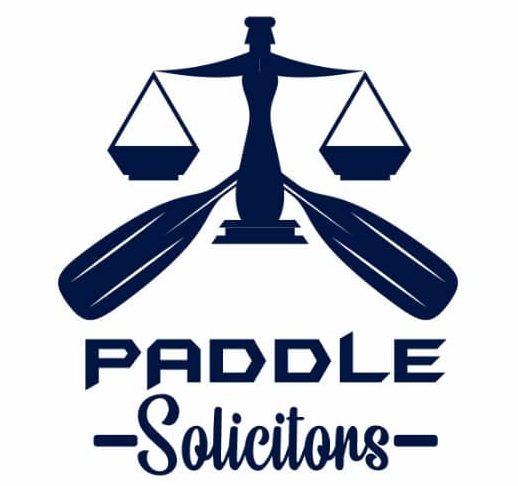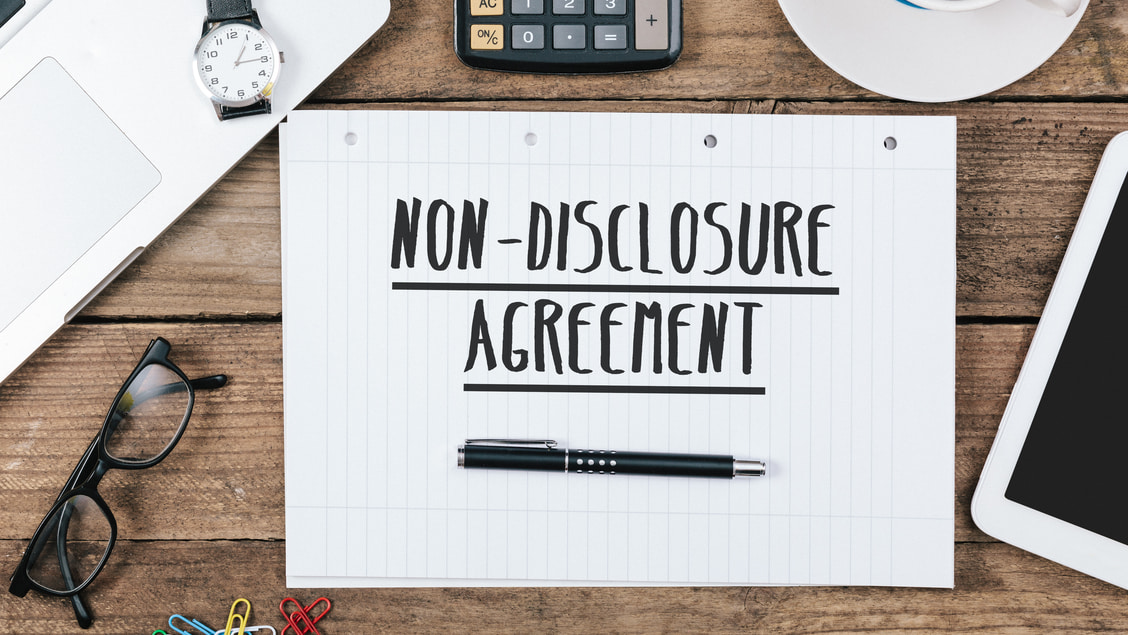During a consultation with a startup founder, I was asked a familiar and often emotionally charged question:
“The investor I was introduced to has refused to respond to messages or pick my calls since I mentioned that he must sign a Non-Disclosure Agreement (NDA) before I pitch my idea. Should I still go ahead and share it?”
It is a dilemma many early-stage entrepreneurs face balancing the need to protect a promising idea with the desire to attract funding. Let me share a story for proper understanding.
The Birth of Ygomarket
Several years ago, I observed a recurring trend among working professionals, particularly women. After long hours at work, they often still needed to stop by the market before heading home. Even those who shopped on weekends admitted it was more of a chore than a choice.
I thought, “What if the market could come to them instead?”
That idea gave birth to “Ygomarket”—a name I coined to reflect convenience and innovation in grocery shopping.
Although I did not pursue the idea because I was invested in my law practice, I shared it with a few people. I still believe in its potential. But here is what that experience should teach us: while ideas can be powerful, the real value lies in their execution and the systems that support them.
Are Ideas Legally Protectable?
An idea in itself is not protectable under intellectual property law. You cannot register or legally own an idea in its abstract form. What can be protected, however, are the expressions, systems, or products that flow from that idea.
If Ygomarket had moved from a concept to a working software platform, one could have protected:
- The software code (through copyright),
- The name and branding (through trademark),
- Or even the mode of operation and customer acquisition strategy or supplier database (as a trade secret).
Understanding this distinction is critical for every aspiring founder.
Why Do Some Investors Refuse to Sign NDAs?
Many founders believe that an NDA is a prerequisite for discussing their idea. While this makes sense intuitively, in practice, many investors, especially venture capitalists decline to sign NDAs before hearing a pitch.
Their reasons include:
- They receive hundreds of pitches in similar industries and fear legal exposure if they fund an idea that resembles yours.
- They want flexibility to explore overlapping opportunities.
- They value trust-based relationships in the early stages of engagement.
That said, angel investors, especially friends, relatives, or personal contacts tend to be more open to NDAs. This is often because they are more personally invested in the relationship and expect to gain equity in return for their funding.
Beyond NDAs: 5 Ways to Legally Protect Your Business Idea
Rather than relying solely on an NDA, which may or may not be signed, consider these five legal strategies to protect your idea once it takes a tangible form:
1. Patent
A patent protects new and inventive products or processes. To qualify, the invention must be:
- Novel (not publicly known or used),
- Non-obvious (not an expected or routine development),
- Industrially applicable (capable of practical use).
Had I developed a unique delivery or logistics system for Ygomarket, that system might have been patentable.
2. Utility Model
Sometimes called a “short-term patent,” utility models offer protection for inventions with lower inventiveness thresholds than patents. They are ideal for improvements to existing technologies.
While not yet available in Nigeria, the proposed Patent and Design (Repeal and Re-enactment) Bill, 2021, seeks to introduce utility models into Nigerian law.
3. Trade Secret
A trade secret is confidential information that gives your business a competitive advantage—like a supplier list, formula, algorithm, or process.
For something to qualify as a trade secret, it must:
- Be commercially valuable,
- Be known to a limited group, and
- Be protected by reasonable efforts to maintain secrecy, such as internal policies or confidentiality agreements.
A good example is Coca-Cola’s secret recipe, which is famously guarded and known to only a few individuals.
4. Copyright
If your idea results in a literary work, software, or digital content, you may be eligible for copyright protection. For example, the software behind Ygomarket if developed, could have been registered as a literary work.
Copyright arises automatically when the work is:
- Original, and
- Fixed in a tangible form (written code, a website, a mobile app, etc.)
5. Trademark
Finally, if your idea is closely linked to a name, logo, or brand identity, consider trademark protection. A mark must be distinctive and capable of identifying the source of goods or services.
Are NDAs Still Useful?
Yes, but they are not infallible. NDAs are most effective when dealing with collaborators, employees, and angel investors who are likely to respect the relationship and the document.
However, even with an NDA, there is a risk that someone could share your idea with a third party informally or indirectly making it difficult to enforce. That’s why your best protection is often tied to how well you execute and legally structure your product or process.
What Should You Do If You Have an Idea?
- Be discreet. Avoid sharing your ideas casually or prematurely.
- Develop the concept. Move the idea toward a tangible product or process.
- Seek legal advice. Consult with an intellectual property expert early.
- Secure protection. Use the appropriate IP tools based on your idea’s expression.
- Then pitch confidently. Once you have built your legal foundation, present your idea to the world.
Final Thoughts
Ideas are powerful but only when acted upon. Legal protection begins not when an idea is born, but when it takes form, becomes valuable, and is strategically structured.
If Ygomarket had been built and launched, the focus would not have been on hiding the idea but on protecting its software, operations model, and brand. That is where true value lies.
So before insisting on an NDA, ask yourself: Can I protect this idea in a more concrete, enforceable way? If the answer is yes, you are already one step closer to building something worth investing in.
Boluwatife Sanya
LL.B, B.L, ACIArb (U.K), MIP (WIPO, ARIPO, A.U)
Boluwatife is the Managing Partner of Paddle Solicitors. Paddle Solicitors is a full-service litigation, commercial and dispute resolution law office.
Hotline/WhatsApp: +2348147439799
Featured image from arc.dev


